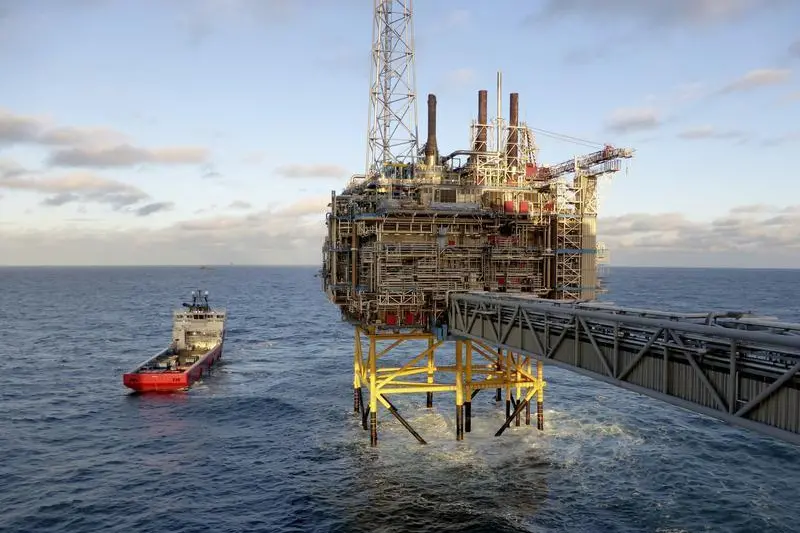PHOTO
Kuwait Foreign Petroleum Exploration Company's (KUFPEC) oil discovery in Malaysia is significantly more than expected, the company's CEO said.
Shaikh Nawaf Saud Al-Sabah told the Atlantic Global Energy Forum 2021 last month that it is one of the top finds over the past couple of years.
"We are in the process of doing the appraisal right now and all indications are that it will be quite significantly more than what we initially expected," he said.
The discovery, in Block SK-410B located 90 kilometres offshore Sarawak, is estimated to be multi-TCF gas, according to a KUFPEC press release. It said the exploration well encountered a gross gas column of 252 metres.
To monetise and extract the gas in an environment friendly way KUFPEC is working on carbon sequestration and use carbon dioxide to replace gas as an injection molecule in underground oil reservoirs to maintain pressure and stimulate production.
"Right now, gas and water are used....both are expensive. If we can replace that effectively with carbon then that solves two issues in one action," he said.
Though the technology is available, and in use, it costs around $30-35 per barrel, he said. "We are working towards driving that cost lower so that we can do two things at once and then bring that technology back to our sister companies in Kuwait".
"We are one of lowest carbon cost producers of hydrocarbons in the world but want to be better. If oil demand changes over time in future, we will still be producing because we lie at the low end of both (carbon and cost) curves. But it requires development of effective CCUS (carbon capture, utilisation and storage)," he said.
Gas as a transition fuel
He said switching from coal to gas will not take the world towards net zero.
"China accounts for a third of world demand and three new coal plants a week are coming up (there). How do you control that? How do you built an energy (system) without changing world activity and lower the standard of living? The point is that in any future energy mix gas will definitely play a part. It will be a different part over time," he said.
"If China, South Korea and Japan start moving towards their net zero targets, there will be an increase in LNG demand before there is a decrease. Getting the metrics there is quite challenging. Alternative [energy] is right now growing at 13 percent per year, and it is going to take up about a third of energy demand. But there are not enough alternatives to gas for power generation right now," he said.
Gas versus Oil
Speaking about the role of gas in a declining oil demand scenario, he said, gas demand will continue to grow but it will still not replace oil demand.
"A lot of oil demand is not combustible...it is converted to petrochemicals and other products.... In any scenario oil demand will continue to increase over the next 10-20 years or so. But if you have less investment in supply....climb rates of existing fields will more than offset (that)... you have to have additional investment. Same holds true for gas," he said.
On the impact of electrification on oil demand, he said, "government subsidies and government regulations may drive demand for electrification of vehicles but it's not until the customer demand takes charge that it makes a difference. In Norway...which has massive subsidies for electric vehicles (EVs) it doesn't make sense to buy a combustion vehicle. That's why Norway had more EVs than Seoul. Take that subsidy away and you immediately see a drop in EVs."
(Reporting by Sowmya Sundar; Editing by Anoop Menon)
(anoop.menon@refinitiv.com)
Disclaimer: This article is provided for informational purposes only. The content does not provide tax, legal or investment advice or opinion regarding the suitability, value or profitability of any particular security, portfolio or investment strategy. Read our full disclaimer policy here.
© ZAWYA 2021





















